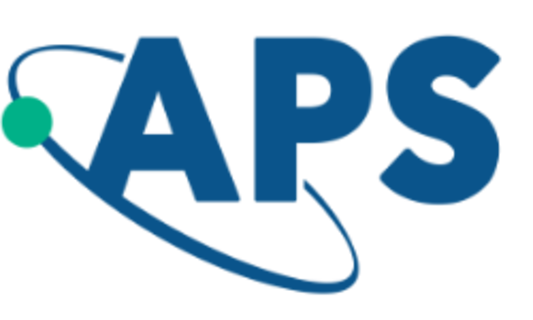NMC Mentor Resources
NMC mentors empower historically marginalized and minoritized students in physics by building on their current skills and supporting them with advice and connections to the broader physics community.
To ensure you and your mentee foster a successful relationship, APS provides you with resources, as well as on-going webinars and other events, to educate you about mentoring best practices.
The Community Cultural Wealth Model of mentoring
The NMC is built on the Community Cultural Wealth Model from T.J. Yosso, PhD, as a theoretical framework for supporting mentees and training mentors. To get started please review resources on the Community Cultural Wealth Model and experiences of Black physics students:
- Tara J. Yosso: Whose culture has capital? A critical race theory discussion of community cultural wealth (PDF)
- Identifying and leveraging community cultural wealth within Physics Bridge programs
- AIP National Task Force to Elevate African American Representation in Undergraduate Physics & Astronomy (TEAM-UP) Report
- APS's anti-deficit approach to mentoring advice to help guide a mentor's conversations with mentees
Building our community
Many mentees' first point of contact with the NMC is through our mentors. We've created a toolkit of materials to help NMC participants spread the word about the NMC.
Creating successful mentorships
Together, mentors and mentees build vital connections that will grow their careers. The following resources can help mentors support their mentees:
- APS provides advice to NMC mentors to ensure a successful first meeting and mentoring journey.
Mentor Advice for the First Meeting with Your Mentee
Guiding National Mentoring Community (NMC) Mentees: Navigating Unique Journeys - The University of Wisconsin-Madison Institute for Clinical and Translational Research addresses how to foster a successful relationship between mentors and mentees
Cultivating a relationship with mentees - The Center for the Improvement of Mentored Experiences in Research (CIMER) provides a resource library for culturally aware mentoring, career development, mentor training, and more
CIMER: Resource library
Mentorship contracts and development plans
A mentorship contract can help mentors and mentees hold each other accountable in their mentoring relationship as well as established shared expectations. The following are contract examples:
Optimizing inclusive mentorship practices
Resources developed and presented by Dr. Kelly Diggs at the 2025 NMC-Bridge Symposium.
These resources focus on topics related to the training experiences of mentees from culturally diverse backgrounds, highlighting for mentors the specific ways their cultural attitudes and beliefs can impact mentees’ training experiences, such as how the mentor evaluates or provides feedback to a mentee.
- Tools, Scenarios, and Strategies: A practical guide with tools, activities, and case studies to help mentors communicate effectively, align expectations, and develop a personalized mentoring plan.
Tools, Scenarios, and Strategies - Supplemental Readings & Resources: Curated collection of peer-reviewed readings and trusted online resources designed to reinforce key mentoring concepts and encourage continued growth.
Supplemental Readings & Resources
Mental health and wellness resources
For educational success, mental health is just as important as physical health. APS provides mentors with resources to better understand and communicate with their mentees about mental health.
Evidence for a mental health crisis in graduate education
Inside Higher Ed discusses an article from Nature Biotechnology about survey results of graduate students' mental health that should prompt academia and policymakers to consider intervention strategies.
Mental health college guide
The National Alliance on Mental Illness (NAMI) covers topics from self-care to getting mental health support and accessing resources related to legal rights and advocacy.
DACA resources
Mentors are encouraged to familiarize themselves with resources for mentees impacted by the Deferred Action for Childhood Arrivals Act, as these students may face challenges related to their lack of documentation and accessing financial aid and legal assistance.
NMC webinars
APS hosts webinars for NMC mentors to assist them in learning best practices for mentoring as well as to connect with other mentors in the physics community.
Optimizing mentoring relationships
Led by Christine Pfund, PhD, of the Center for the Improvement of Mentored Experiences in Research (CIMER), this webinar discusses assessing understanding, prioritizing equity and inclusion, and aligning expectations in mentoring.
Fostering independence with growth mindset and mental health
This webinar explains the growth mindset approach and the importance of mental health throughout a student's education.
Introduction to the science or mentorship and giving feedback
This webinar addresses effective communication and building self-efficacy skills in your mentee.

